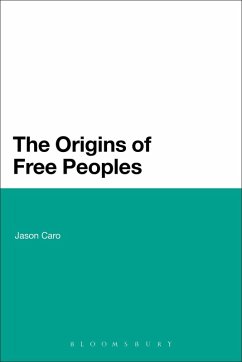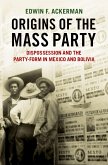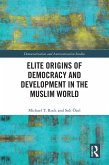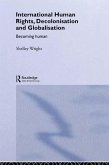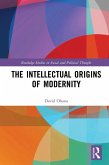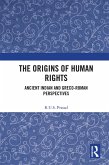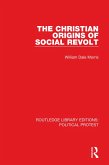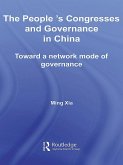The Origins of Free Peoples posits demonstrates that free peoples are always being liberated and are never already free. Free peoples make freedom paramount over justice, equality, or other value values. The history of such peoples is different from their origins, which are always underway as free people must construct both their history and their Others. It is not simply that they become threatened; they must face the correct kind of threat.
The book examines how freedom is discussed in classic and contemporary Anglo-American texts which argue , arguing the notion that freedom is natural and needs only to be guaranteed by limited government. Using a Continental and postmodernist approach, the book offers an alternative conceptualization of the discourses and practices of freedom represented in the writings of theorists such as Locke, Rawls, Benn, and Swanton.
With its distinctive position in the discussion of freedom, The Origins of Free Peoples will appeal to social political theorists, political philosophers as well as to those looking to understand the main factors needed to genuinely liberate a people.
The book examines how freedom is discussed in classic and contemporary Anglo-American texts which argue , arguing the notion that freedom is natural and needs only to be guaranteed by limited government. Using a Continental and postmodernist approach, the book offers an alternative conceptualization of the discourses and practices of freedom represented in the writings of theorists such as Locke, Rawls, Benn, and Swanton.
With its distinctive position in the discussion of freedom, The Origins of Free Peoples will appeal to social political theorists, political philosophers as well as to those looking to understand the main factors needed to genuinely liberate a people.

